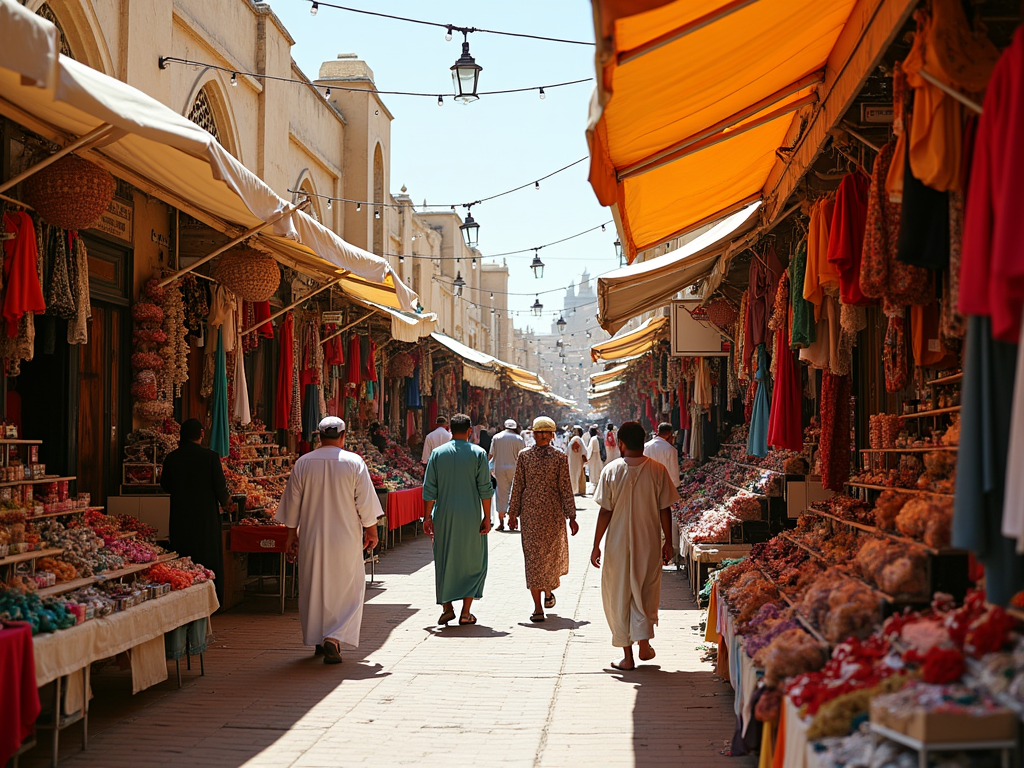Dubai’s strategic location, coupled with its robust international relations and dynamic trade agreements, has made it a vital hub for global commerce. The emirate’s trade partnerships enhance business opportunities, foster economic growth, and facilitate easier market access for companies operating within its borders. Through these agreements and relationships, Dubai empowers businesses to expand their reach, tap into diverse markets, and engage in lucrative trade activities. In this article, we will explore the multifaceted benefits that these international relations and trade agreements offer to businesses in Dubai.
The Strategic Advantage of Location

Dubai’s unique geographical position bridges Europe, Asia, and Africa, making it one of the most accessible trade gateways in the world. This strategic advantage allows businesses to easily exchange goods, services, and ideas across three continents. Major shipping routes and the presence of one of the world’s busiest ports, Jebel Ali, also enhance its status as a trading powerhouse. The emirate’s efficient logistics and transportation infrastructure streamline import and export processes, ultimately reducing costs and improving efficiency for businesses. The following are key elements of Dubai’s strategic advantage:
- Proximity to Emerging Markets: Businesses can easily access fast-growing markets in Asia and Africa.
- Advanced Transport Network: Well-developed air and sea logistics ensure timely deliveries.
- Infrastructure Investment: Continuous upgrades to transport facilities enhance operational efficiency.
- Cultural Tolerance: A cosmopolitan environment fosters international collaboration and business relationships.
Strengthening Trade Agreements

Dubai has proactively entered into numerous bilateral and multilateral trade agreements that empower its businesses. These agreements facilitate trade facilitation, reduce tariffs, and eliminate trade barriers, making it easier for companies to operate in various regions. Dubai is a member of significant organizations, such as the Gulf Cooperation Council (GCC) and the World Trade Organization (WTO), which help open doors for local businesses to access international markets. Moreover, Free Trade Agreements (FTAs) with various countries further enhance Dubai’s competitive edge. The key benefits of these trade agreements for businesses include:
- Lower Tariffs: Reduced import/export duties decrease overall costs.
- Enhanced Market Access: Easier entry into new markets increases export opportunities.
- Regulatory Transparency: Clearly defined standards and regulations make compliance easier.
- Increased Investment: Foreign investments become more appealing under favorable terms.
Dubai acts as a crucial global trade hub, driven largely by its international relations and trade agreements. These connections enable seamless trade exchanges and provide businesses with access to extensive networks. Furthermore, Dubai attracts a multitude of multinational corporations that use it as a base to operate in the Middle East and beyond. This influx of businesses, in turn, creates jobs and stimulates economic growth in the region. Importantly, the emirate’s commitment to maintaining strong international ties enhances its reputation, leading to increased foreign direct investment (FDI) and economic diversification. Key outcomes include:
- Enhanced Competitiveness: Businesses in Dubai can compete globally and innovate.
- Diverse Economic Base: A wide range of industries thrives, reducing reliance on oil revenues.
- Increased Employment: New businesses contribute to job creation in various sectors.
- Consumer Choices: The presence of international firms leads to greater product variety.
Supportive Government Policies
The Dubai government is diligent in supporting business development through policies that promote foreign investment and entrepreneurship. These supportive initiatives include establishing free zones, providing tax incentives, and minimizing bureaucratic barriers. Furthermore, the government continuously engages with international partners to explore new opportunities that benefit the business ecosystem. By facilitating a conducive business environment, the government ensures that companies can thrive. Some of the notable policies include:
- 100% Foreign Ownership: Certain zones offer complete ownership to foreign investors.
- No Personal Income Tax: Individuals benefit from tax-free earnings, attracting global talent.
- Streamlined Business Registration: A simplified process encourages startups and new ventures.
- Investor Protection Laws: Legal frameworks safeguard the rights of foreign investors.
Conclusion
In conclusion, Dubai’s international relations and trade agreements play a pivotal role in shaping the business landscape. The city’s strategic location, coupled with its proactive trade policies and government support, creates an environment ripe for commerce and growth. Businesses benefit from increased market access, lower tariffs, and a collaborative environment that enhances competitiveness. As Dubai continues to forge strong international ties, it establishes itself as a formidable force in global trade and commerce, making it an attractive destination for businesses worldwide.
Frequently Asked Questions
- What is the significance of Dubai’s geographical location for businesses? Dubai’s location offers easy access to major markets in Europe, Asia, and Africa, facilitating trade and logistics.
- How do trade agreements impact Dubai’s economy? Trade agreements reduce tariffs and eliminate barriers, boosting exports and attracting foreign investment, which strengthens the economy.
- What types of businesses benefit from Dubai’s international relations? All types of businesses, especially those focused on import/export, manufacturing, and those seeking to access new markets, benefit significantly.
- How does the Dubai government support foreign investors? The government offers policies like 100% foreign ownership in free zones, no personal income tax, and streamlined business registration processes.
- What are the key outcomes of Dubai’s trade agreements? Key outcomes include enhanced competitiveness, economic diversification, job creation, and increased consumer choices.





